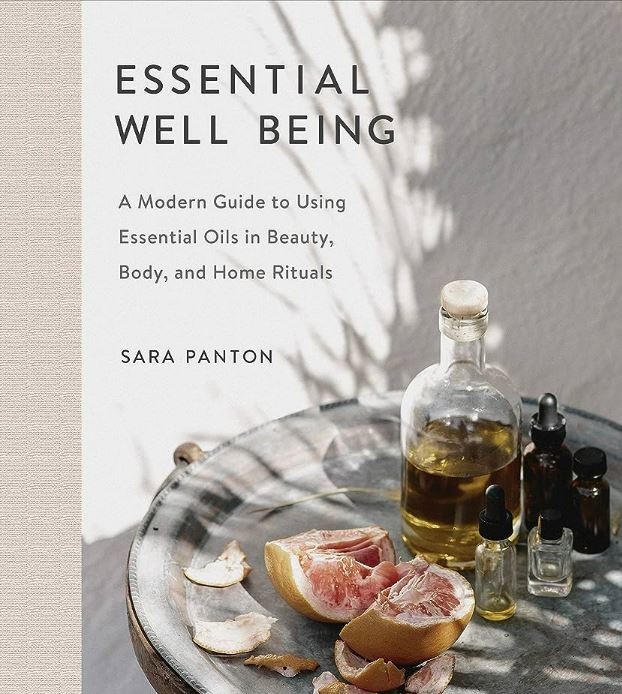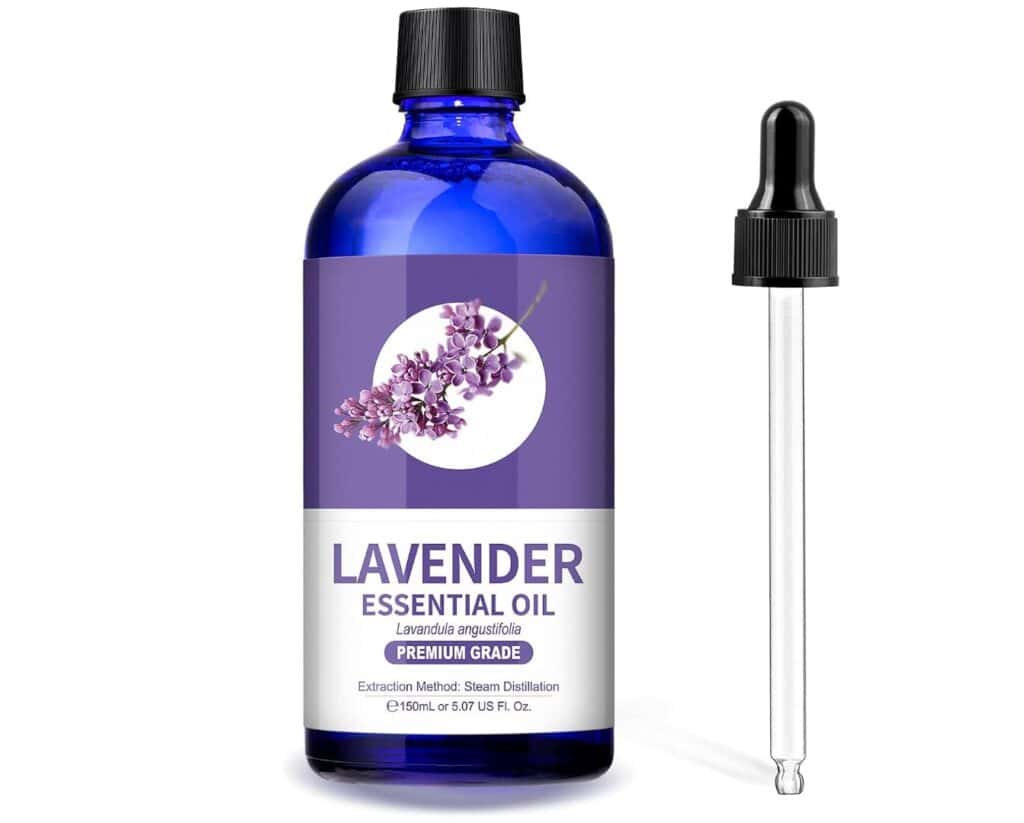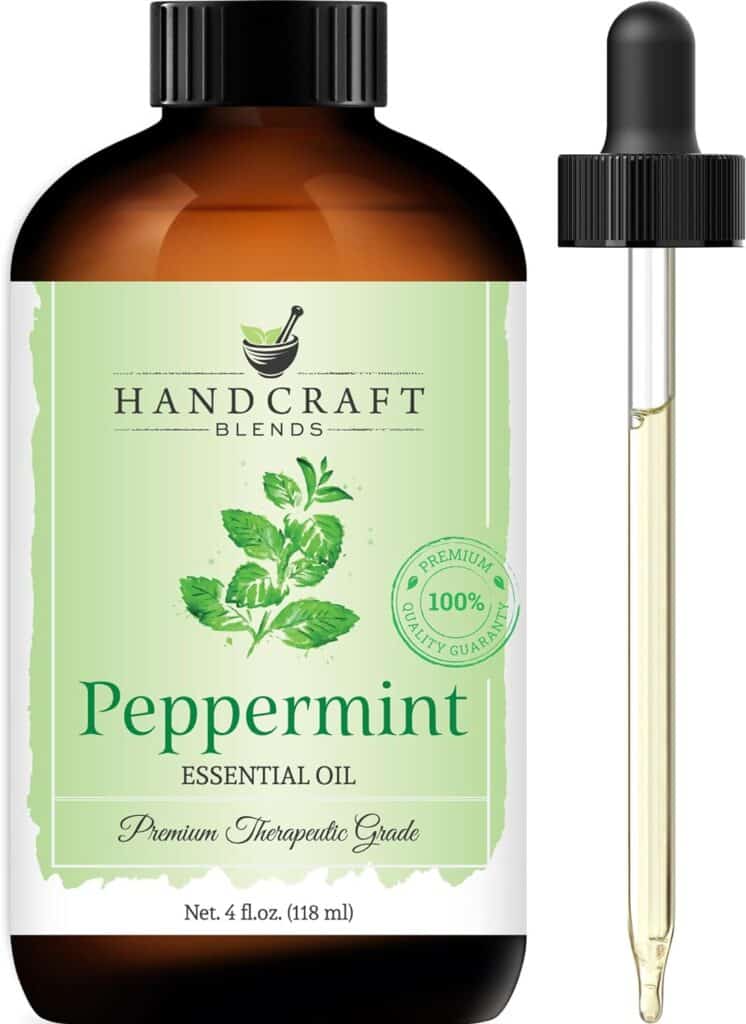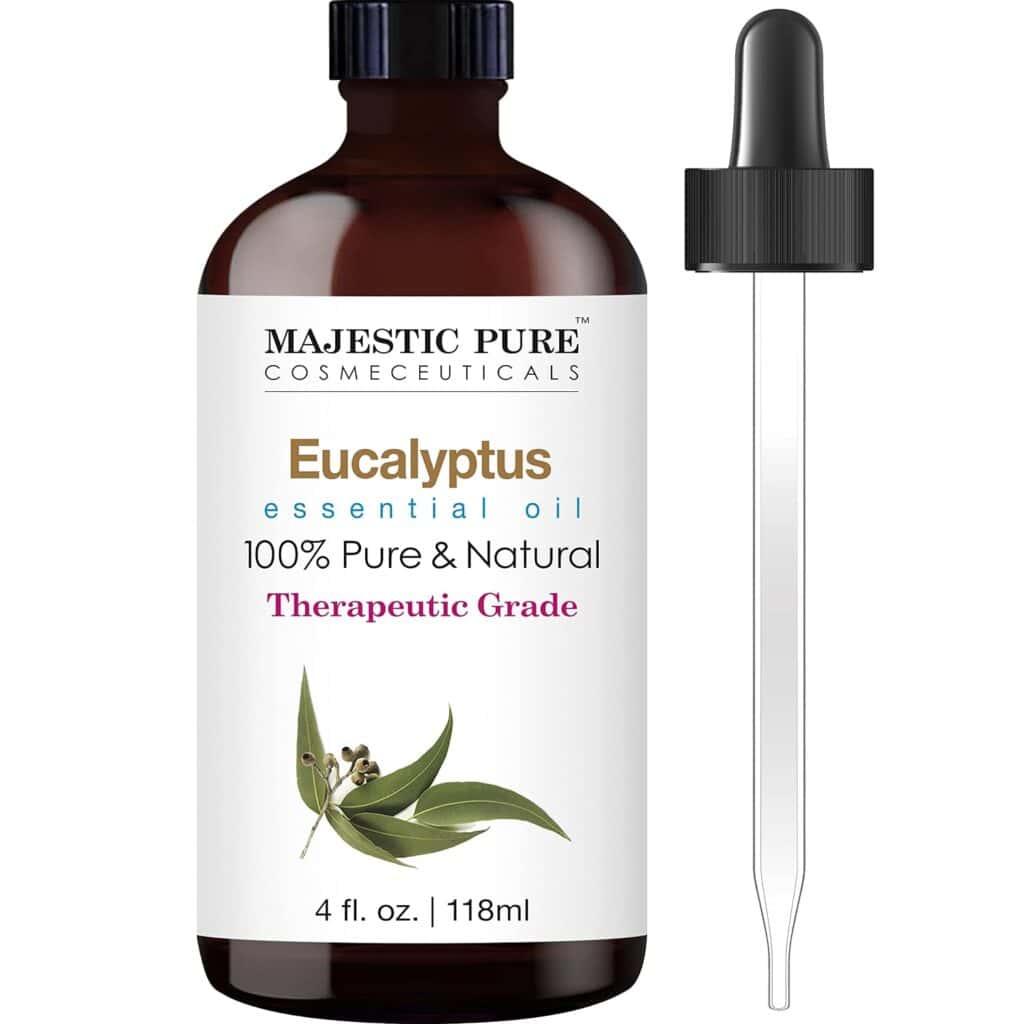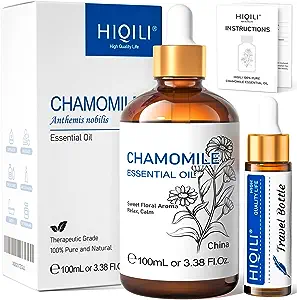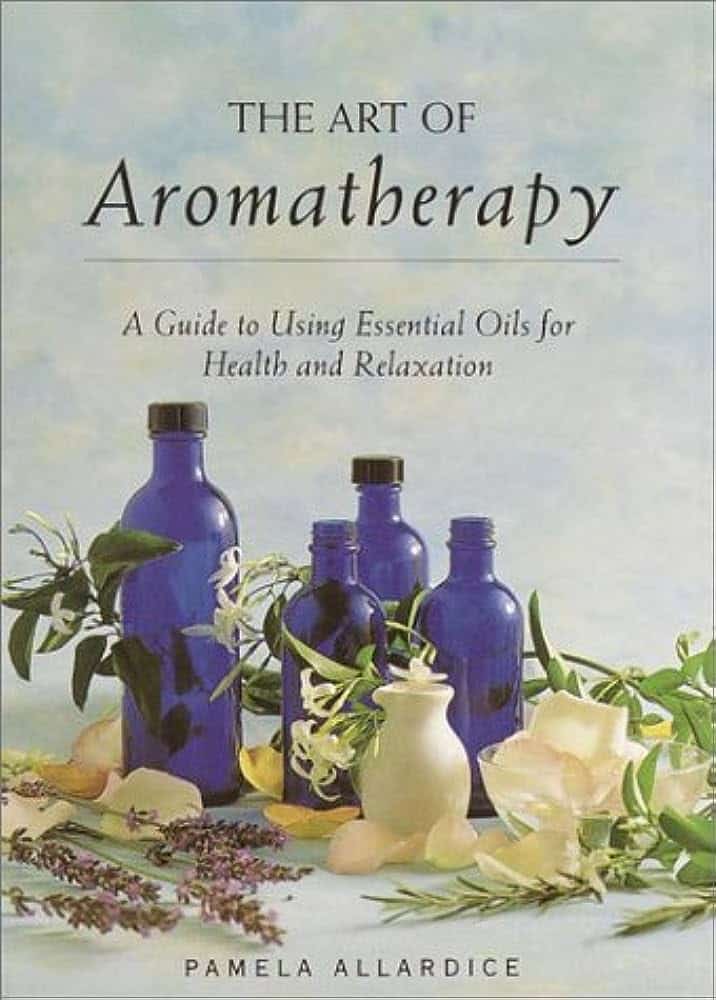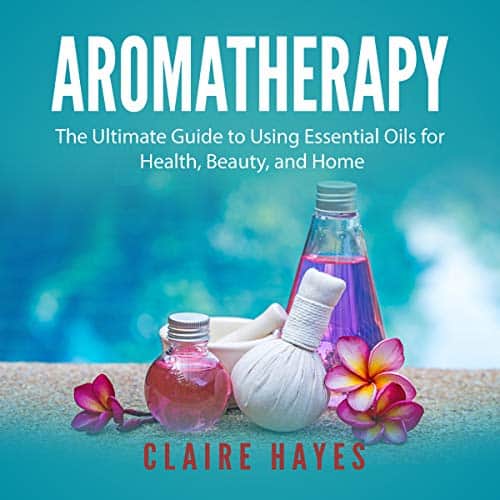
Essential oils have been used for centuries to promote well-being and a healthy lifestyle. In this article, you will learn about the benefits of using essential oils, how to choose the right ones for your needs, and how to incorporate them into your daily routine for maximum effectiveness.
First and foremost, it’s important to understand that not all essential oils are created equal. When choosing oils, make sure they are 100% pure and certified organic to ensure that you are getting the highest quality product. Each essential oil has its own unique properties and benefits, so it’s important to do your research and choose oils that align with your specific needs.
Whether you’re looking to reduce stress and anxiety, boost your immune system, or improve sleep quality, there’s an essential oil out there that can help. Once you’ve chosen your oils, there are numerous ways to incorporate them into your daily life.
You can add a few drops to your bath for a soothing experience, diffuse them in your home to create a calming atmosphere, or mix them with a carrier oil for a relaxing massage. The possibilities are endless, and with a little experimentation, you’ll find the perfect methods that work for you.
So why not give essential oils a try and see how they can improve your overall wellbeing? have been used for centuries for their various therapeutic benefits. They are extracted from plants and contain the natural essence and fragrance of the plant.
These oils can be used for a wide range of purposes, including physical, emotional, and mental wellbeing. In this guide, we will explore the benefits of essential oils and how to choose and use them effectively.
Benefits of Essential Oils
. Physical Benefits
Essential oils have numerous physical benefits. They can be used to alleviate pain, reduce inflammation, and promote healing. For example, lavender oil is known for its calming properties and can be used to relieve headaches and promote relaxation.
Tea tree oil is commonly used for its antiseptic and antibacterial properties, making it an effective treatment for cuts, scrapes, and acne. Peppermint oil is great for soothing digestive issues, such as indigestion and nausea.
. Emotional Benefits
In addition to their physical benefits, essential oils can also have a positive impact on our emotions. Many oils have uplifting and mood-enhancing properties that can help reduce stress, anxiety, and depression.
For example, the scent of citrus oils like lemon and orange can boost mood and energy levels, while lavender and chamomile can promote relaxation and improve sleep quality. Using essential oils in aromatherapy can create a peaceful and calming environment, improving overall emotional wellbeing.
. Mental Benefits
Essential oils are not only beneficial for our physical and emotional health but also for our mental wellbeing. Certain oils have stimulating and invigorating properties that can enhance cognitive function and improve focus and concentration.
Rosemary oil, for instance, has been shown to enhance memory retention and mental alertness. Eucalyptus oil is known for its ability to clear the mind and improve mental clarity. Using essential oils in a diffuser or through inhalation can help create a productive and positive mental state.
Choosing Essential Oils
When choosing essential oils, it’s important to consider factors such as scent profiles, safety precautions, and organic options.
. Understanding Scent Profiles
Each essential oil has its own unique scent profile, which can range from floral and sweet to woody and earthy. It’s important to choose oils that you find pleasing and enjoyable, as the scent can have a significant impact on your experience.
Experiment with different oils and pay attention to how they make you feel. Some popular scents include lavender, rose, and vanilla for relaxation, and citrus oils like lemon and grapefruit for a refreshing and uplifting effect.
. Considering Safety Precautions
While essential oils are natural and therapeutic, it’s important to use them safely. Some oils can be irritating to the skin or may cause allergic reactions in certain individuals. Always perform a patch test before applying any oil topically and dilute oils as necessary.
It’s also important to be aware of any contraindications or interactions with medications you may be taking. Consult with a healthcare professional if you have any concerns or questions about using essential oils safely.
. Exploring Organic Options
For those who prefer a more natural and environmentally friendly option, organic essential oils are a great choice. Organic oils are made from plants that are grown without the use of synthetic fertilizers, pesticides, or herbicides.
They are produced using sustainable farming practices and are free from contaminants. By choosing organic essential oils, you can ensure that you are using high-quality oils that are safe for both your health and the environment.
Methods of Using Essential Oils
There are several methods of using essential oils, each with its own benefits and considerations.
. Diffusion
Diffusing essential oils is a popular method of enjoying their aromatic benefits. A diffuser disperses the oil into the air, allowing you to breathe in the therapeutic vapors.
This method is great for creating a calming and relaxing atmosphere, as well as for purifying the air and eliminating odors. Simply add a few drops of your chosen oil to a diffuser filled with water and let it fill the room with fragrance and therapeutic properties.
. Topical Application
Using essential oils topically can be a highly effective way to experience their benefits. However, it’s important to dilute the oil properly before applying it to the skin, as some oils can be too strong and may cause skin irritation or sensitization.
Carrier oils such as coconut oil or jojoba oil can be used to dilute the essential oil and help distribute it evenly on the skin. Massage the diluted oil onto the desired area for relief or incorporate it into your skincare routine for added benefits.
. Inhalation
Inhalation is another popular method of using essential oils. You can inhale the scent directly from the bottle or by adding a few drops to a tissue or cotton ball. This method is quick and convenient, making it ideal for on-the-go use.
You can also add a few drops of the oil to a bowl of hot water and inhale the steam. This can be particularly helpful for respiratory issues or congestion. Be sure to close your eyes and breathe deeply to fully experience the benefits.
Exploring Popular Essential Oils
There are many essential oils available on the market, each with its own unique properties and benefits. Here are some popular choices:
. Lavender
Lavender oil is one of the most versatile and widely used essential oils. It has a calming and soothing scent that promotes relaxation and sleep. Lavender oil can also be used to alleviate headaches, reduce anxiety, and soothe skin irritations.
. Tea Tree
Tea tree oil is well-known for its powerful antiseptic and antibacterial properties. It can be used to treat acne, cuts, and minor infections. Tea tree oil also has a refreshing and energizing scent.
. Peppermint
Peppermint oil has a refreshing and invigorating scent that can awaken the senses and improve concentration. It is commonly used to relieve headaches, soothe digestive issues, and provide a cooling effect on the skin.
. Eucalyptus
Eucalyptus oil is often used for respiratory issues, as it can help clear congestion and relieve sinus pressure. It has a fresh and invigorating scent that can promote mental clarity and focus.
. Chamomile
Chamomile oil has a sweet and calming scent that can help reduce stress and promote relaxation. It is commonly used in aromatherapy for its soothing effects and can also be used topically for its anti-inflammatory properties.
Blending Essential Oils
Blending essential oils can create a synergistic effect, enhancing their therapeutic properties. Understanding synergy and creating balanced aromatherapy blends can help you maximize the benefits of essential oils.
. Understanding Synergy
Synergy refers to the combined effect of different essential oils working together to produce a greater impact. When oils are blended correctly, their individual properties can be enhanced, creating a more potent and effective blend. Some oils have complementary properties that can work together to address specific concerns or conditions.
. Creating Balanced Aromatherapy Blends
When creating your own aromatherapy blends, it’s important to choose oils that complement each other and create a balanced aroma. Start with a base note oil, which provides a solid foundation and has a longer-lasting scent. Add a middle note oil, which provides body and character to the blend.
Finally, add a top note oil, which provides a fresh and uplifting scent. Experiment with different combinations and ratios to find the perfect blend for your needs.
Safe Storage and Handling of Essential Oils
Proper storage and handling of essential oils are essential to maintain their potency and ensure their safety.
. Proper Storage Techniques
Essential oils should be stored in dark-colored glass bottles to protect them from light and heat. They should be kept in a cool and dry place away from direct sunlight. Make sure to keep the bottles tightly capped to prevent air exposure, which can cause the oils to oxidize and lose their therapeutic properties.
. Avoiding Sunlight Exposure
Some essential oils, such as citrus oils, can cause photosensitivity and increase the skin’s sensitivity to sunlight. After applying these oils topically, it’s important to avoid direct sunlight or UV exposure for at least 12 to 24 hours to prevent skin irritation or burns.
If you plan to spend time outdoors, opt for oils that do not cause photosensitivity or cover the treated areas of your skin.
. Using Dilutions
Using essential oils at full strength can be too strong and may cause skin irritation or sensitization. It’s important to dilute the oils properly before using them topically.
The typical dilution ratio is 2%-3% for adults, which means adding 12-15 drops of essential oil to every ounce of carrier oil. For children or individuals with sensitive skin, a lower dilution ratio of 0.5%-1% is recommended.
Making DIY Essential Oil Products
Making your own DIY essential oil products can be a fun and creative way to incorporate their benefits into your daily routine. Here are some ideas:
. Homemade Soaps and Bath Bombs
Adding essential oils to homemade soaps and bath bombs can enhance their fragrance and therapeutic properties. Lavender and chamomile are great choices for relaxing bath products, while citrus oils like lemon and orange can create an invigorating and refreshing bathing experience.
. Natural Cleaning Solutions
Essential oils can also be used to create natural and effective cleaning solutions. Tea tree oil and lemon oil, for example, have antimicrobial properties and can be added to homemade cleaners to disinfect surfaces. Peppermint oil can be added to a homemade all-purpose cleaner to create a fresh and clean scent.
. Personal Care Products
You can also add essential oils to your personal care products for added benefits. For example, adding a few drops of rosemary or peppermint oil to your shampoo can help stimulate hair growth and improve scalp health. Lavender oil can be added to body lotion or massage oil for its soothing and moisturizing properties.
Essential Oils for Specific Needs
Certain essential oils are known for their specific benefits and can be used to address specific needs or concerns.
. Relaxation and Sleep
For relaxation and better sleep, lavender, chamomile, and ylang-ylang oils are great choices. These oils have calming and soothing properties that can help relax the mind and promote restful sleep.
. Stress Relief
To relieve stress and anxiety, consider using oils such as bergamot, clary sage, and frankincense. These oils have mood-enhancing properties that can help reduce stress levels and promote a sense of calm.
. Boosting Immunity
Essential oils like tea tree, eucalyptus, and oregano are known for their immune-boosting properties. These oils have antimicrobial and antiviral properties that can help strengthen the immune system and ward off infections.
. Headache Relief
Peppermint, lavender, and eucalyptus oils are commonly used for headache relief. These oils have pain-relieving properties and can help alleviate tension headaches and migraines.
Precautions and Contraindications
While essential oils can be highly beneficial, there are some precautions and contraindications to be aware of.
. Sensitive Populations
Certain populations, such as infants, young children, pregnant women, and individuals with certain medical conditions, may be more sensitive to essential oils. It’s important to consult with a healthcare professional before using essential oils on these individuals to ensure their safety and avoid any potential adverse reactions.
. Potential Allergic Reactions
Some individuals may have allergies or sensitivities to certain essential oils. Always perform a patch test before using a new oil topically and discontinue use if any allergic reactions occur, such as rash, redness, or itching.
. Interaction with Medications
Essential oils can interact with certain medications, including blood thinners and antidepressants. If you are taking any medications, it’s important to consult with your healthcare provider before using essential oils to ensure there are no contraindications or interactions.
Final words:
In conclusion, essential oils are a natural and versatile tool that can promote physical, emotional, and mental wellbeing. By understanding their benefits, choosing the right oils, and using them safely and effectively, you can incorporate essential oils into your daily routine to enhance your overall wellbeing.
Whether you choose to diffuse them, apply them topically, or use them in DIY products, essential oils can offer a range of therapeutic benefits to support your health and happiness. Start exploring the world of essential oils today and discover the amazing benefits they have to offer.
Related posts that you may like: “Get Amazing Nails and Feet with Metanail Complex“
